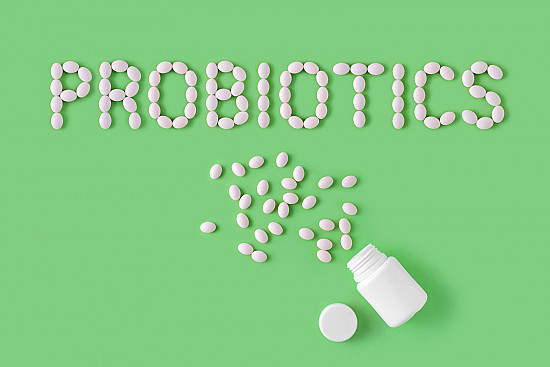Prebiotics: The Fuel for Probiotics
Prebiotics, or indigestible fibers, provide nutrients that allow probiotics to reach the gut and multiply. Prebiotics can be found in garlic, onions, bananas, asparagus, oats, and apples. Eating foods rich in both prebiotics and probiotics can help maximize their benefits. Synbiotics promote healthy gut flora and a healthy digestive and immune system. Dietary prebiotics feed probiotics so they can function optimally.
Potential Side Effects and Precautions
Probiotics are safe for most people, but they may cause bloating, gas, or stomach discomfort when you first start taking them. These symptoms usually go away once the body adjusts. People with weakened immune systems or serious medical conditions should consult a doctor before taking probiotics, as these can pose a risk. Heat and humidity can reduce the effectiveness of probiotic supplements, so store them properly. Keep these factors in mind to properly add probiotics to your diet and maximize their benefits.
Conclusion
Probiotics improve immunity, digestion, and overall health. Healthy gut flora contributes to nutrient absorption, immunity, and mental health. Taking probiotics daily through fermented foods or high-quality supplements can improve your health. Probiotics are even more effective when combined with prebiotics and are selected based on your needs. Research has shown that probiotics have many benefits and are essential for a healthy body. You can improve your health and vitality by taking probiotics.
FAQs
1. What are probiotics?
Probiotics, or ‘good bacteria,’, ensure a healthy gut microbiome and offer a range of health benefits.
2. How do probiotics help with digestion?
Probiotics help break down food, absorb nutrients, and regulate bowel movements, preventing bloating and constipation.
3. Can probiotics boost immunity?
Probiotics boost immunity by increasing antibody synthesis, immune cell activity, and intestinal wall integrity.
4. What foods are rich in probiotics?
Foods rich in probiotics include yogurt, kefir, sauerkraut, kimchi, miso, tempeh, and kombucha.
5. Should I take probiotics?
Foods rich in probiotics are healthy, but supplements can be helpful for people with health conditions or dietary restrictions.




